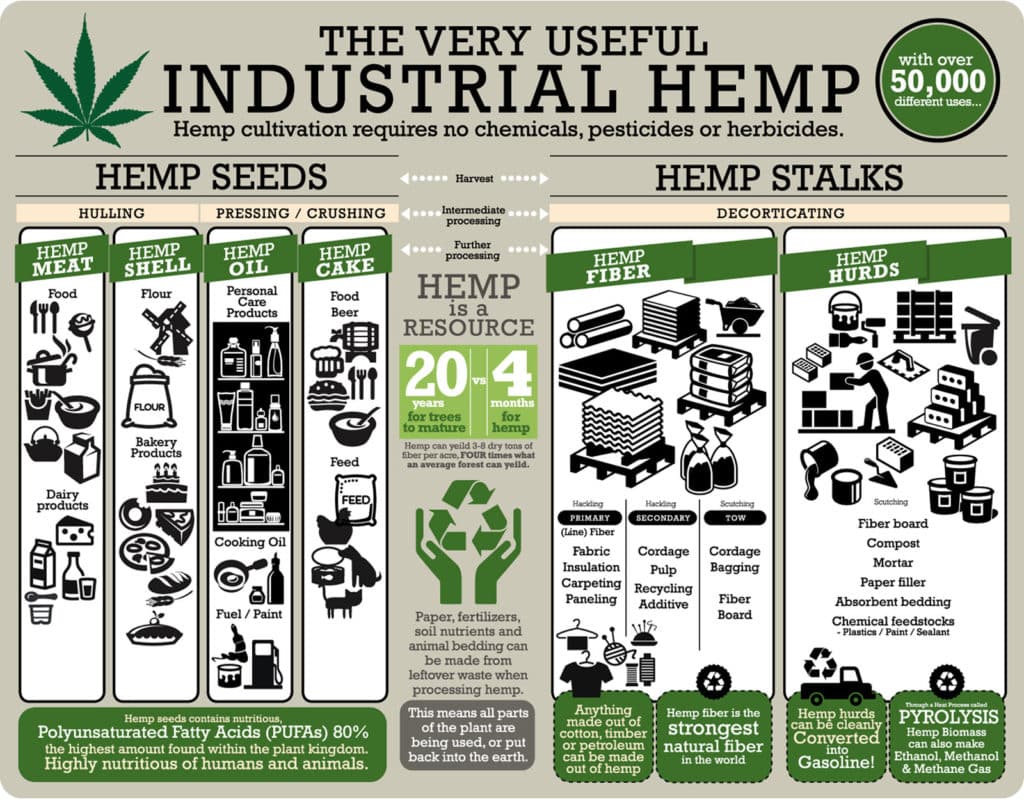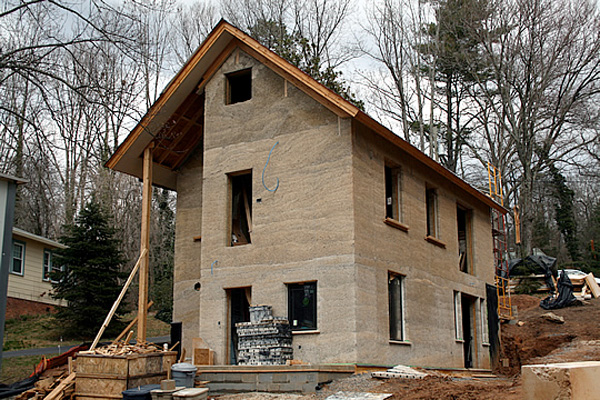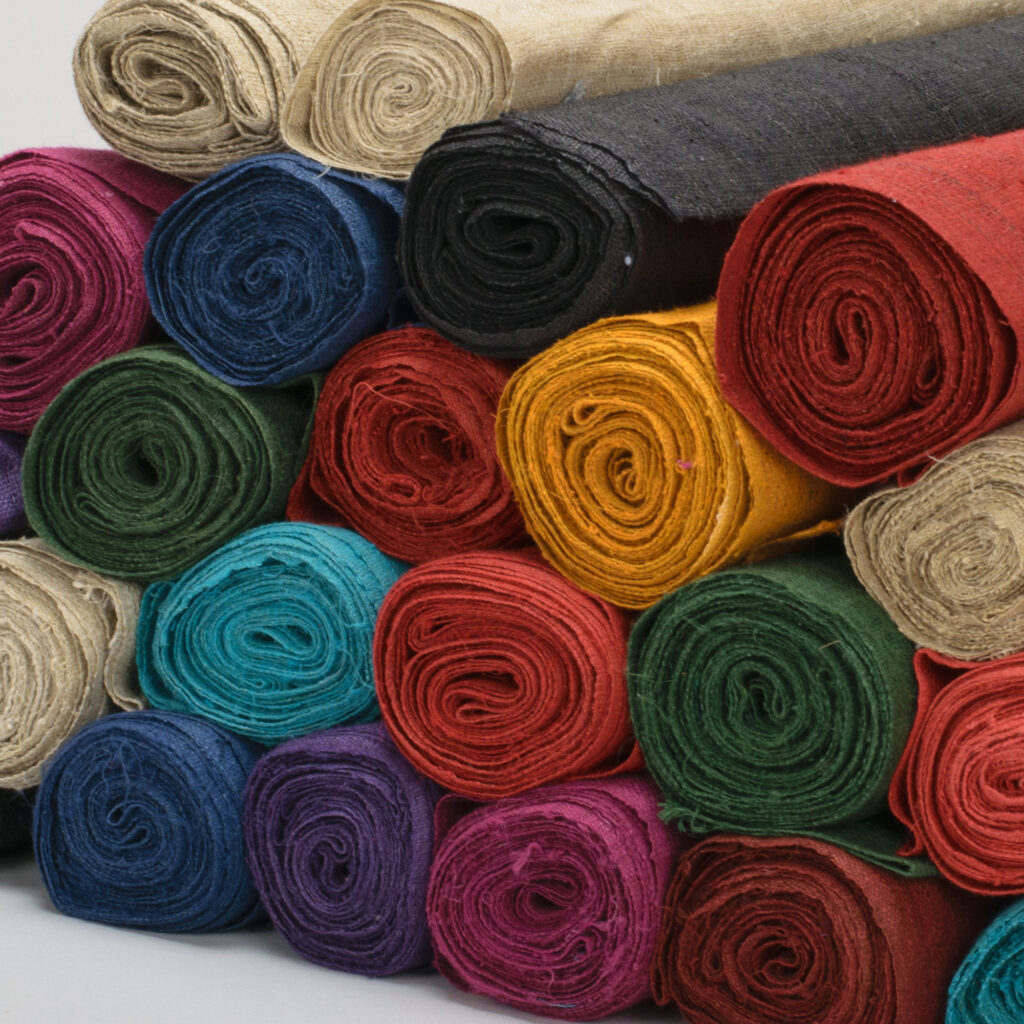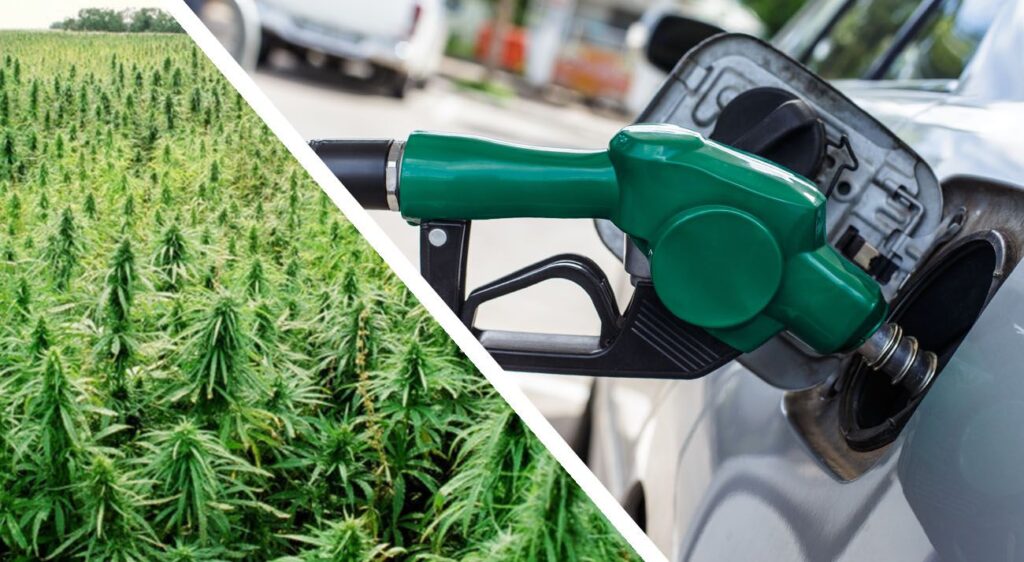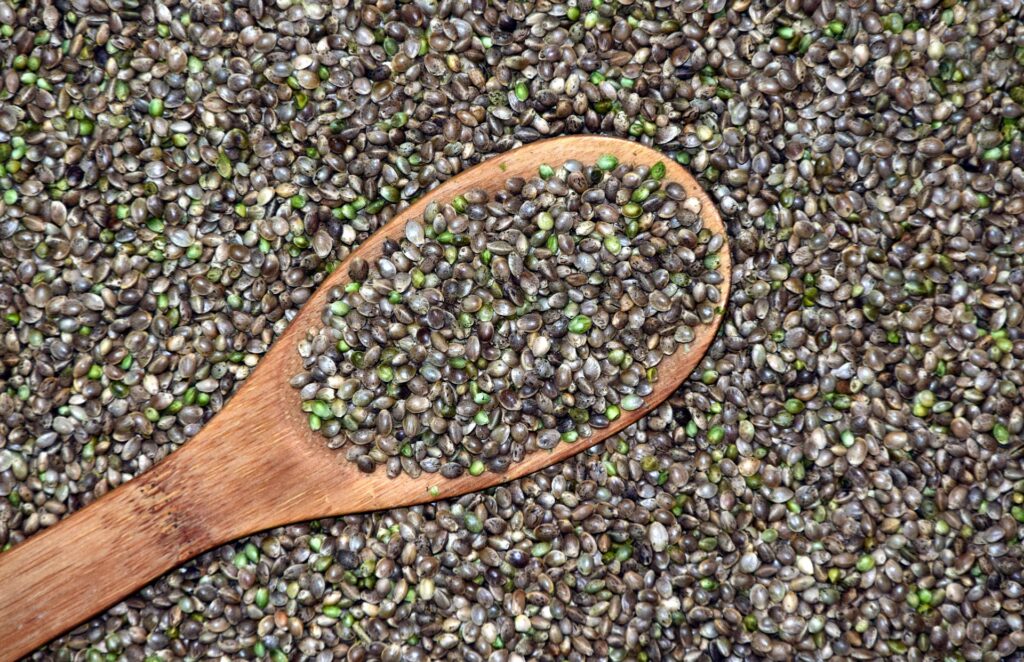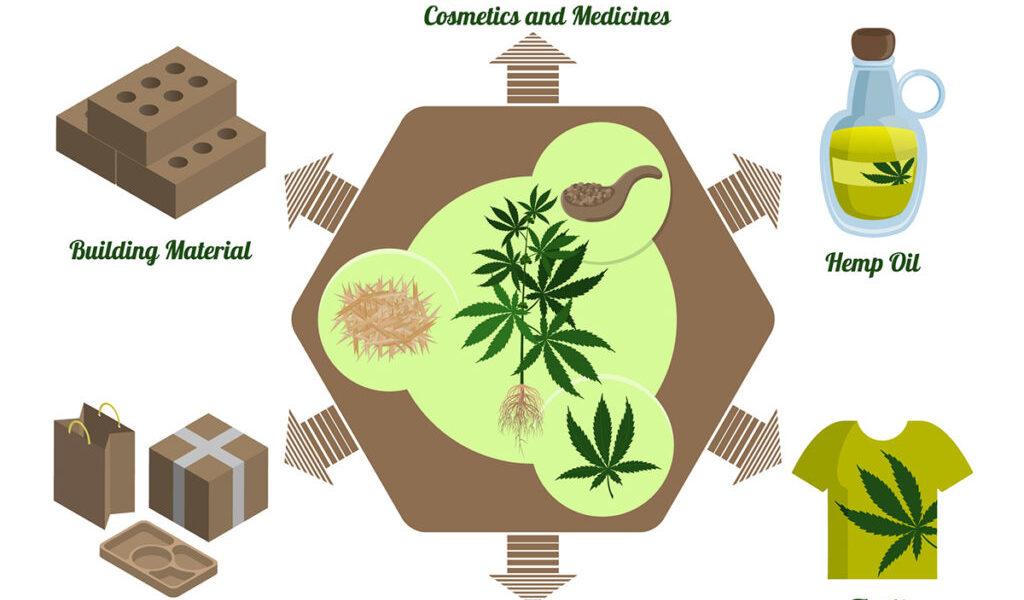Industrial Hemp
Investing in a Green Industrial Revolution
Zion Ventures sees industrial hemp as both a profitable market opportunity and a solution to critical environmental, economic, and supply chain challenges.
What is Inudstrial Hemp
Industrial hemp is a versatile, non-psychoactive strain of the Cannabis sativa plant, used across industries including textiles, construction, bioplastics, health, paper, biofuels, and carbon sequestration. With over 25,000 documented applications, hemp offers a sustainable alternative to many resource-intensive materials and fossil-fuel-based products.
Industrial hemp has a long and rich history that dates back thousands of years. It is a variety of the Cannabis sativa plant species, which also includes marijuana. However, industrial hemp contains only trace amounts of THC (the psychoactive compound in marijuana), and is therefore not used for recreational purposes.
A Climate Solution
Hemp absorbs 1.5x more CO₂ per acre than a forest and grows in 100-120 days. It improves soil health and is naturally pest-resistant, requiring less water and zero pesticides.
-European Industrial Hemp Association (EIHA)
Explosive Market Growth
The global industrial hemp market was valued at $5.6B in 2022, and is expected to reach $27.7B by 2030, growing at a CAGR of 22.1%.
-Grand View Research, 2023
Supply Chain & Material Innovation
-
Hempcrete is now LEED-certified and increasingly adopted in green building
-
BMW, Mercedes, and Ford use hemp-based composites in car interiors
-
U.S. is investing in sustainable materials infrastructure, presenting tailwinds for the hemp industry
U.S. Hemp Building Association, The Hemp Foundation
What We Invest In
Zion Ventures targets scalable, innovative, and compliant businesses across the industrial hemp value chain:
Hemp-Based Construction
Companies producing hempcrete, insulation, and sustainable building materials
Bio-Based Plastics & Packaging
Startups replacing petroleum-based plastics with biodegradable hemp-based alternatives
Textile & Fiber Innovation
Mills and technology companies modernizing hemp textile production
Industrial Processing Infrastructure
Scalable decortication, fiber separation, and processing facilities
Carbon-Negative Manufacturing
Hemp-powered biochar, concrete, and industrial byproducts that sequester CO₂
Agri-Tech for Hemp Cultivation
Precision ag, seed genetics, and automation for high-yield, high-quality hemp production
Regenerative Hemp Farming
Producers using hemp to improve soil health and biodiversity
Why Industrial Hemp Matters
A Climate Solution
Hemp absorbs 1.5x more CO₂ per acre than a forest and grows in 100-120 days. It improves soil health and is naturally pest-resistant, requiring less water and zero pesticides.
Explosive Market Growth
The global industrial hemp market was valued at $5.6B in 2022, and is expected to reach $27.7B by 2030, growing at a CAGR of 22.1%.
Supply Chain & Material Innovation
-
Hempcrete is now LEED-certified and increasingly adopted in green building
-
BMW, Mercedes, and Ford use hemp-based composites in car interiors
-
U.S. is investing in sustainable materials infrastructure, presenting tailwinds for the hemp industry
Source: U.S. Hemp Building Association, The Hemp Foundation
The Impact Opportunity
Industrial hemp is a unique convergence of regenerative agriculture, material science, environmental restoration, and scalable innovation. Zion Ventures believes that the next industrial revolution will be bio-based, and hemp is one of the most strategic crops to lead the way.
Billion Dollar Crop
Industrial Hemp: The Green Gold of the Future
Zion Ventures recognizes Industrial Hemp as more than just a plant — it’s a global economic engine with the potential to redefine sustainable industry. Known historically as the “Billion Dollar Crop,” hemp is reclaiming its place as one of the most versatile, profitable, and impactful crops of our time.

Textiles: Hemp fibers are versatile and strong, making them ideal for durable products like clothing, bedding, and towels. They’re also breathable and naturally antimicrobial, making them a great choice for hygienic products. Hemp textiles are sustainable and eco-friendly, and are increasingly used by designers and manufacturers worldwide.
Building materials: Hemp can be used for insulation, fiberboard, and hempcrete. Hemp insulation uses the plant’s stems to create a lightweight and effective insulation material. Hemp fiberboard is made from the inner core, compressed and molded into shape for a durable building material. Hempcrete, a mix of hemp hurds, lime, and water, is lightweight, breathable, and insulating, ideal for walls, floors, and roofs. Hemp building materials are eco-friendly and sustainable, and are becoming increasingly popular for construction projects worldwide.
Food: Hemp seeds are a nutritious food source that can be used to make milk, oil, and protein powder. They’re rich in protein, fiber, healthy fats, vitamins, and minerals. Hemp milk is a dairy-free alternative that’s creamy and nutty. Hemp oil is a versatile cooking oil that’s nutty and rich in fatty acids. Hemp protein powder is a plant-based supplement that’s rich in protein and can be added to recipes. Hemp is a popular and nutritious food source.
Very Useful Industrial Hemp
Nature’s Most Versatile Crop, Powering a Sustainable Future
At Zion Ventures, we see industrial hemp not just as a crop, but as a pillar for regenerative economies. Hemp is a remarkably useful, resilient, and sustainable resource that supports innovation across numerous industries — making it a prime target for both impactful investment and global change.
